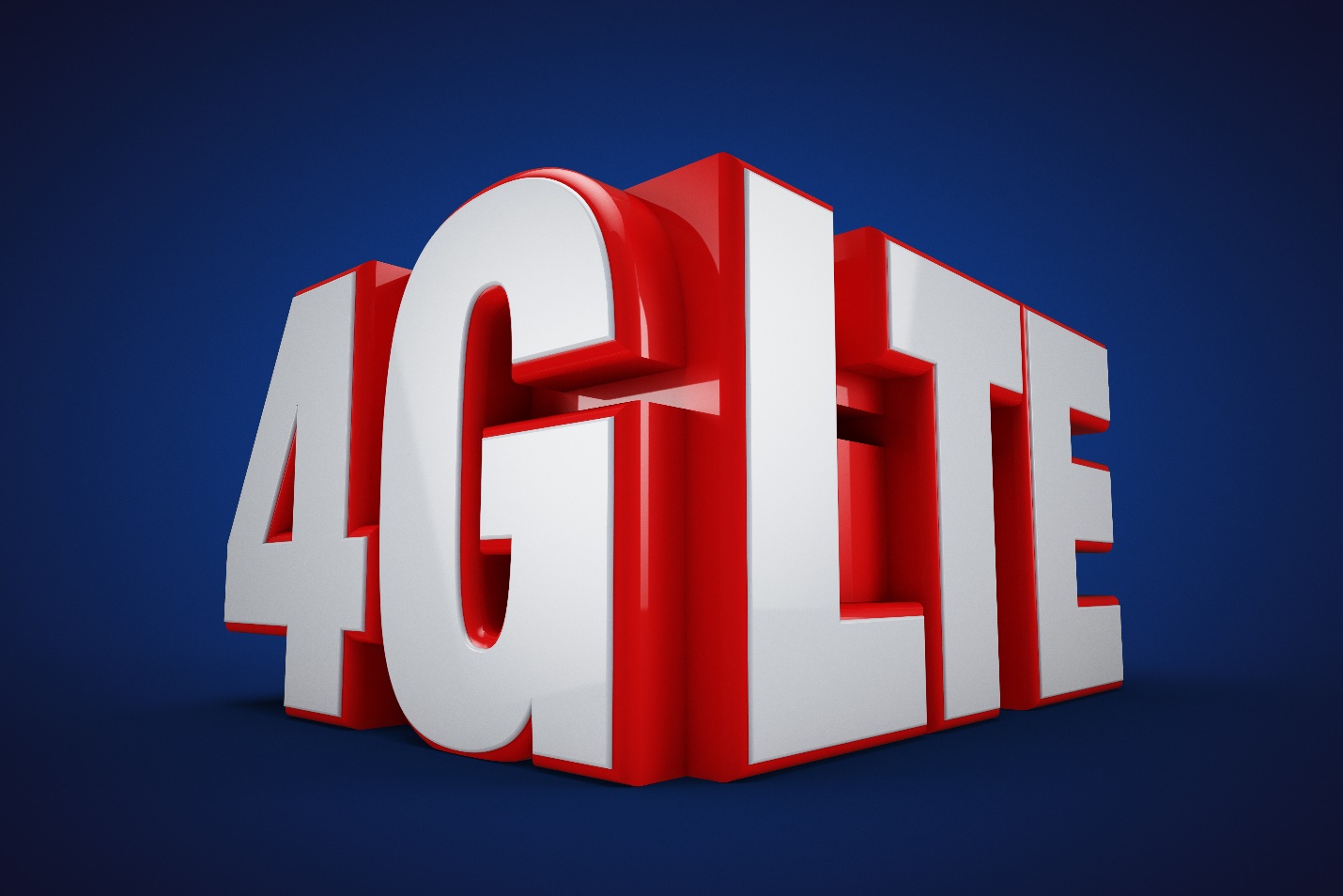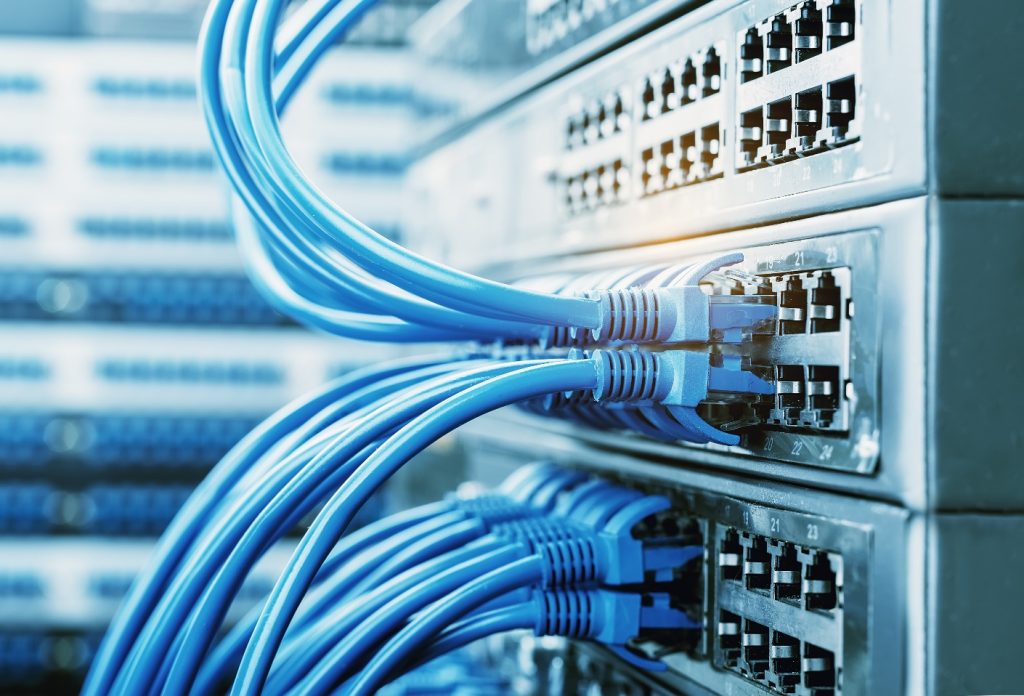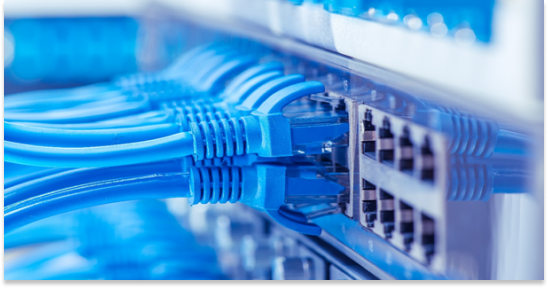Fixed Wireless Internet vs. Cable Internet

Fixed Wireless Internet vs. Cable Internet
Let’s take a closer look at fixed wireless internet vs. cable internet access in terms of speed, coverage and reliability. Fixed wireless internet and cable internet are two internet options that provide broadband speeds to homes and businesses. While both services provide adequate coverage and speeds, people often turn to fixed wireless internet over cable internet if they don’t get cable coverage where they live – or if they want to back up their cable connection with a wireless failover.
What’s the difference between fixed wireless internet and cable internet?
Fixed wireless internet is a wireless 5G or 4G LTE connection installed on an internet router. It connects to the internet via local cell towers – exchanging internet data over the same radio frequency bands as cell phones, but it’s much stronger than a cell phone or a mobile hotspot.
Cable internet, on the other hand, provides internet access over the same coaxial cables as cable television. This popular internet connection sends internet data through existing wired infrastructure, which minimizes the cost of deployment and reduces signal interference.
Fixed wireless vs. cable internet coverage

The main reason people choose fixed wireless internet over the standard cable internet option is the higher availability of wireless internet in rural areas. Nationwide 4G LTE networks all cover more than 90% of Americans – and the T-Mobile 5G network already covers 200 million people. The cable option XFINITY from Comcast, on the other hand, only covers 110 million people.
How do speeds differ?
In terms of wireless internet vs. cable internet speeds, 5G and 4G LTE networks are fast enough to rival cable internet speeds in some areas. 5G can reach a real download speed of up to 500 Mbps, while 4G LTE download speeds can top 25 Mbps. Both networks also have impressive upload speeds. 5G has a real average upload speed of around 14 Mbps, while 4G LTE has an average upload speed of about 16 Mbps.
Cable internet download and upload speeds usually hover around 95% of advertised speeds. The average real download speed on an XFINITY connection is almost 250 Mbps, with an advertised maximum upload speed of between 1 and 25 Mbps. Different cable internet plans have different average speeds, with more expensive plans advertising higher speeds.
Cable internet also has a slightly faster latency than fixed wireless internet. Latency, or ping time, is the time it takes for a request to download or upload something to travel back and forth between the client (your device) and the server. XFINITY has an average ping time of about 30 milliseconds, while 5G and 4G LTE networks have an average ping of 35 milliseconds.
Which is More Reliable? – Fixed Cable Vs Wireless Internet
With regard to wireless internet vs. cable internet, reliability is a huge factor. No wired internet connection, including cable internet, is reliable 100% of the time. Network maintenance, traffic accidents, extreme weather, and sabotage can all bring down your cable connection. If your cables come down, you may have to wait hours or days for a technician to visit the site and repair the cable damage. In the meantime, you won’t have internet access.
While network maintenance and very extreme weather can affect cell towers as well, wireless connections are harder to sabotage and more stable during disasters. For this reason, many businesses and emergency services use fixed wireless internet as a failover internet option.
Get fixed wireless internet for your home or business
It isn’t always easy to find an internet option that’s fast and reliable enough for your home or business. Fixed wireless internet is a great option for people living in areas without wired internet coverage, as well as those looking for a reliable primary or wireless failover option.





